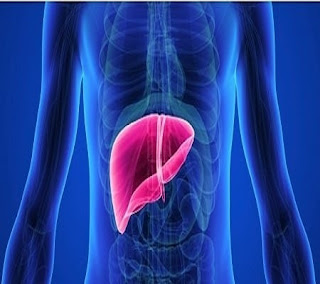The Effects of Low Iron Levels vs. High Iron Levels on Our Overall Health
Iron is required by the body to make red blood cells, provide energy, and fight illnesses. Unfortunately, iron deficiency is one of the most common disorders that many people suffer from.
In medical terminology, the sickness caused by a shortage of iron is known as "anemia," and it is a common, readily treatable ailment that affects people who do not have enough iron in their bodies.
Low iron levels can be caused by blood loss, a bad diet, or not being able to absorb enough iron from food. Iron deficiency is shown by brittle nails, swollen and painful tongue, cracks on the sides of the mouth, and repeated liver infections.
Iron deficiency, even without anemia, may have a significant influence on physical and cognitive performance, as well as a worse quality of life. It is important to know how low iron levels affect your health and to have your iron levels checked regularly.
Unfortunately, mild to severe iron deficiency anemia often goes unnoticed. So, you might not know you have it until your doctor finds it during a screening test or while trying to detect hepatitis in your liver.
With that in mind, we should be examined for anemia and/or liver problems. Your hepatologist doctor will diagnose iron deficiency anemia based on your medical history, the results of your physical exam, and the results of tests and procedures. Once your doctor has determined the origin and severity of your issue, he or she will recommend the best medication for low iron levels for you.
While iron is a vital element in the body and is required to avoid anemia, it has also been connected to other disorders in the past, including an increased risk of heart disease, liver damage, and Parkinson's disease.




Comments
Post a Comment